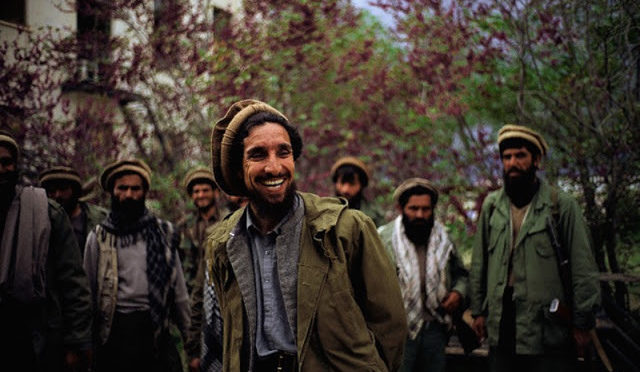Source: Guardian
While Washington bickers about what, if anything, has been achieved after 20 years and nearly $5tn spent on “forever wars”, there is one clear winner: the US defense industry.
In Iraq and Afghanistan, the American military relied to an unprecedented degree on private contractors for support in virtually all areas of war operations. Contractors supplied trucks, planes, fuel, helicopters, ships, drones, weapons and munitions as well as support services from catering and construction to IT and logistics. The number of contractors on the ground outnumbered US troops most years of the conflicts. By the summer of 2020, the US had 22,562 contractor personnel in Afghanistan – roughly twice the number of American troops.

